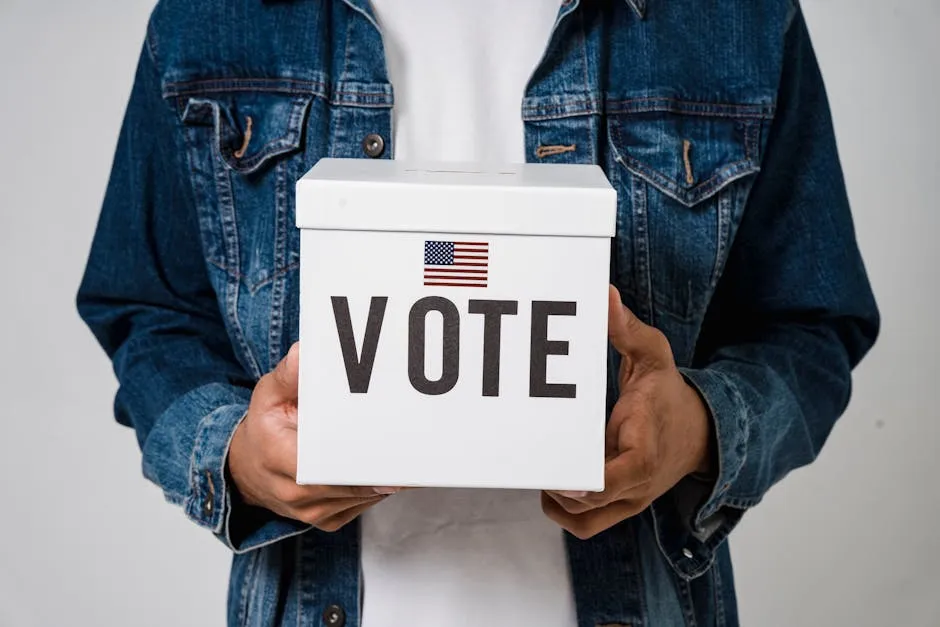
The Influence of Crypto Candidates on US Midterm Elections
As the United States approaches the critical midterm elections, a recent poll has revealed intriguing insights into the potential impact of crypto-focused candidates on voter behavior. With control of Congress hanging in the balance, understanding how cryptocurrency can sway political allegiances is more relevant than ever.
Shifting Political Dynamics
In a landscape where political affiliations are increasingly fluid, it appears that some Democratic voters who are passionate about cryptocurrency may be open to supporting Republican candidates, particularly those who champion crypto-friendly policies. This emerging trend indicates that the cryptocurrency sector is not just a financial revolution but also a significant political force.
Poll Insights
The poll, conducted with a diverse group of voters, highlighted that a notable percentage of individuals who identify as Democratic are considering switching their allegiance based on candidates’ stances on cryptocurrency. The findings reveal that a candidate’s approach to crypto regulations and innovation could be pivotal in influencing undecided voters or those who typically lean towards the Democratic Party.
Why Crypto Matters to Voters
Cryptocurrency has transcended its initial perception as merely a speculative investment. For many voters, it represents financial freedom, innovation, and a break from traditional banking systems. Candidates who advocate for a positive regulatory environment for cryptocurrencies may resonate more with voters seeking economic opportunities and technological advancement.
Republican Candidates Embracing Crypto
Some Republican candidates are already recognizing the potential of the cryptocurrency vote. By adopting platforms that include support for blockchain technology and advocating for less restrictive regulations, they are positioning themselves to attract a demographic that values both economic growth and personal financial autonomy.
The Road Ahead
As the midterms draw nearer, it will be essential for candidates on both sides of the aisle to articulate their positions on cryptocurrency clearly. Voter engagement around this issue could very well tip the scales in tight races. Candidates who can effectively communicate their understanding of and support for the crypto community may find newfound support among a segment of voters that could significantly alter election outcomes.
Conclusion
The intersection of cryptocurrency and politics offers a fascinating glimpse into the evolving nature of voter priorities. As polls indicate a willingness among some Democratic voters to explore Republican options based on crypto stances, this dynamic could reshape the electoral landscape. With the midterms just around the corner, candidates would do well to consider how their policies on cryptocurrency can resonate with an increasingly influential voter base.



